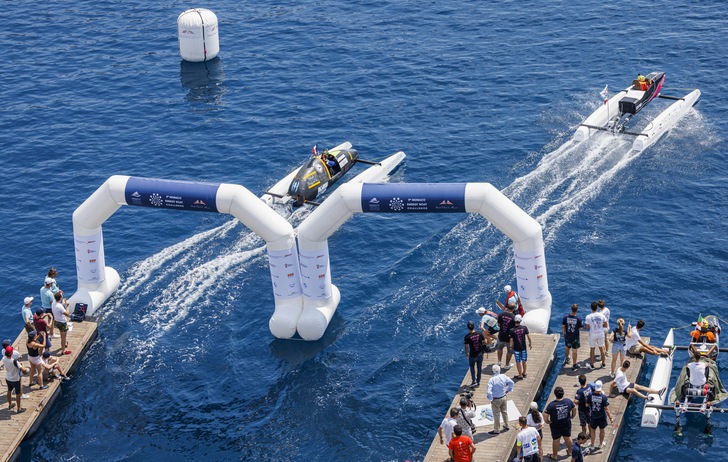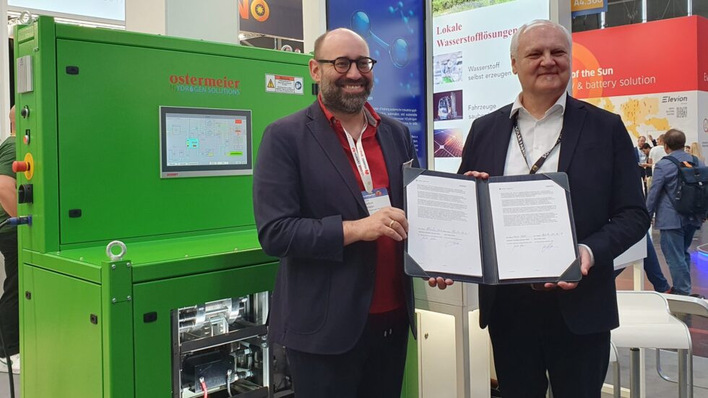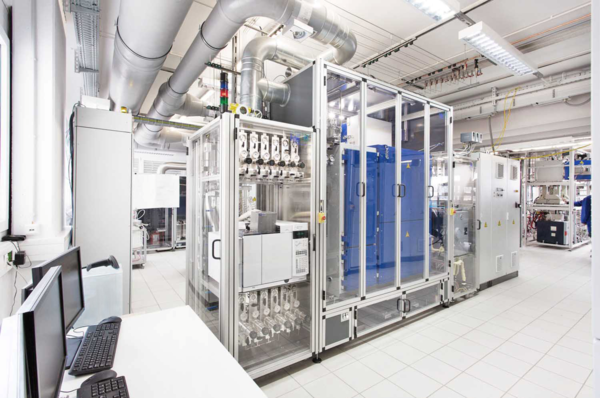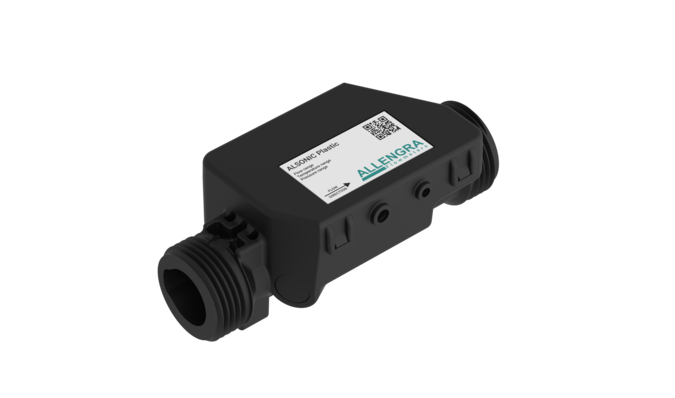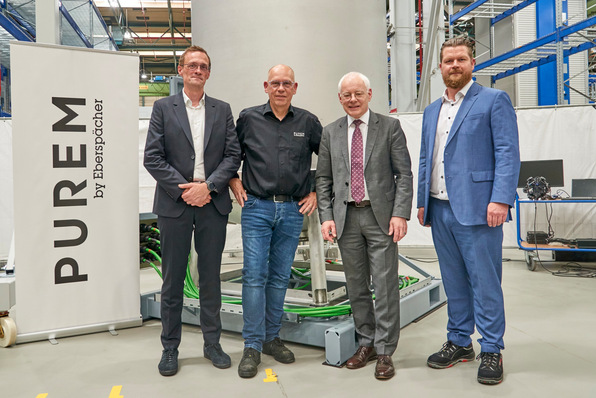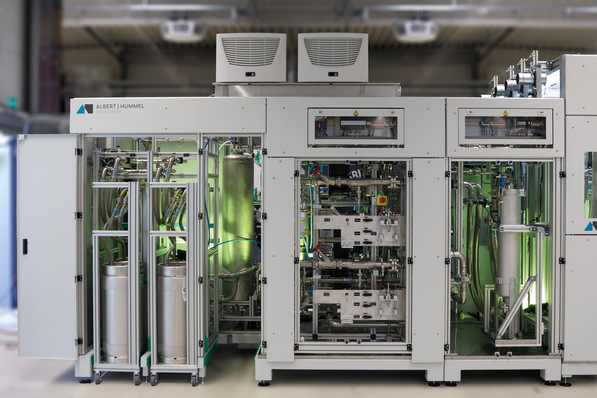Thirty-two students from TU Berlin university have set themselves the ambitious task of building a renewables-powered boat by spring 2023 and racing it in the 10th edition of the Monaco Energy Boat Challenge. So far they only have a 4-inch (10-centimeter) model of its two hulls. By June next year they intend to have a seaworthy catamaran complete with electric power system.
It’s the perfect setting for innovation: The young WannSea team meets in the cramped rooms of one of TU Berlin’s ugliest buildings. Teaching was stopped here three years ago due to the building’s state of poor repair, with plaster crumbling from the walls and some areas allegedly sealed off amid asbestos concerns. And yet the fustier atmosphere, the fresher the thinking. Indeed the students, who hail from various academic departments, will need all the fresh ideas they can get if they are to achieve their lofty ambitions. Lockdown inspiration The WannSea project, a name that meshes Wannsee (a lake in southwest Berlin) and the Mediterranean Sea, is headed up by Riccardo Petschke. His eyes light up with enthusiasm as he relates his plans and recounts how it all began. The story starts during the pandemic-struck winter of 2020 when all face-to-face lectures were canceled at German universities, forcing the budding industrial engineer to research alternative methods of study. As it turned out, TU Berlin has a scheme in place for “project laboratories” in which a number of students are able to work together on a practical project with a specific theme. Making the most of his time during lockdown, Riccardo filled out an application and submitted his project idea as part of the selection process in May 2021. His aim was, as it still is, to join with other enthusiasts to compete in the Monaco Energy Boat Challenge or MEBC – and win. He told H2-international: “My aspiration is to create a startup-like atmosphere.”[…] …
Read this article to the end in the latest H2-International
Author: Sven Geitmann


